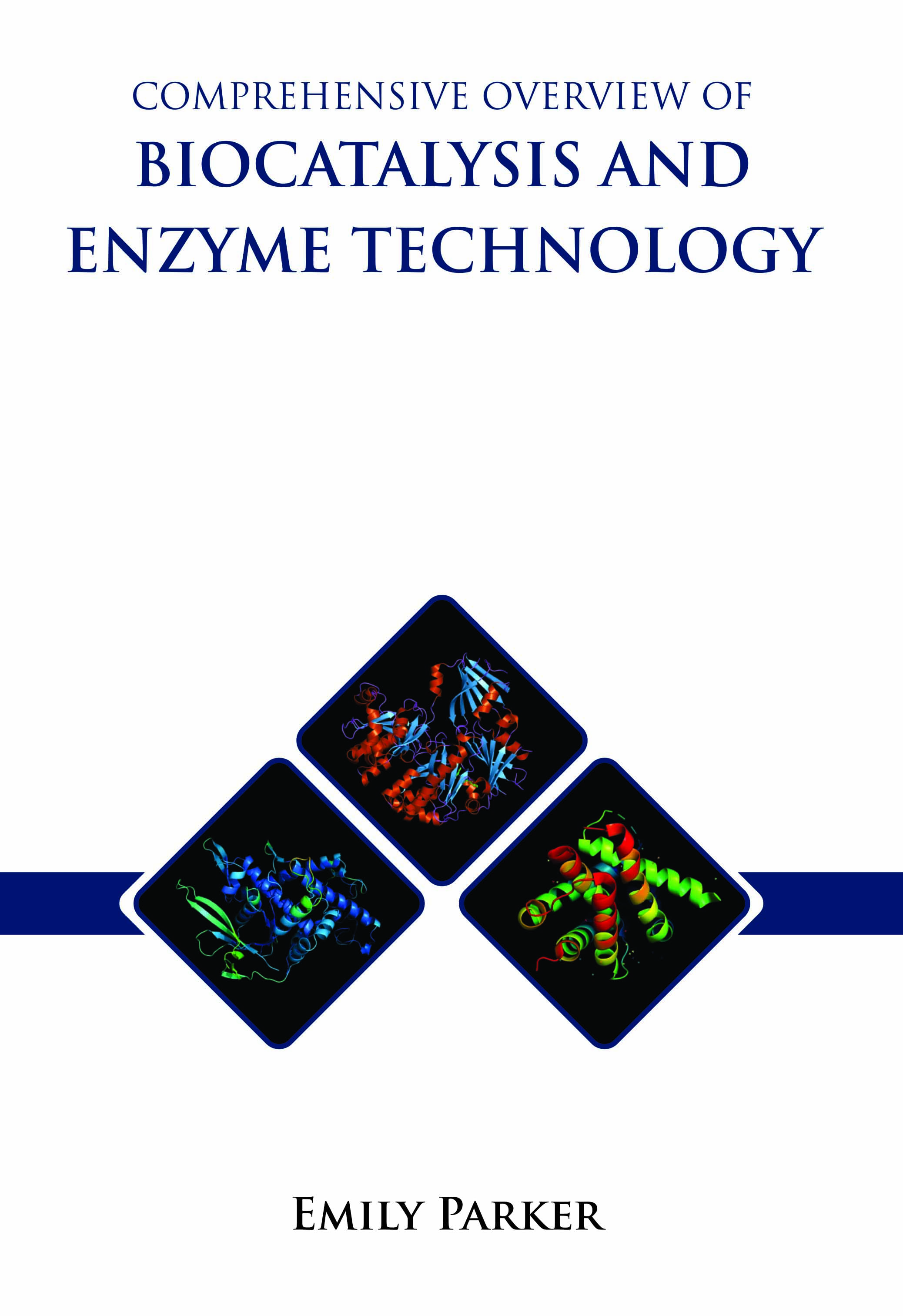
Comprehensive Overview of Biocatalysis and Enzyme Technology
by Emily Parker
| ISBN | 9781806240302 |
|---|---|
| Publisher | Digital Drive Learning |
| Copyright Year | 2026 |
| Price | $265.00 |

by Emily Parker
| ISBN | 9781806240302 |
|---|---|
| Publisher | Digital Drive Learning |
| Copyright Year | 2026 |
| Price | $265.00 |
Proteins called enzymes serve as the biocatalysts created by nature. Living systems develop enzymes to speed up and maintain the numerous chemical processes required for life. Brewing predates written history. Hence biocatalysis supports some of the oldest chemical reactions that people are aware of. The Sumerians are mentioned in the oldest brewing records, dating roughly 6000 years. Enzymes and entire cells have been used extensively in numerous industries for ages. The food and beverage industries, where the manufacture of wine, beer, cheese, etc., depends on the impacts of microorganisms, have seen the most evident applications. All living things create minute amounts of natural proteins known as enzymes or biocatalysts that act as highly selective biochemical catalysts to change one molecule into another. Because they greatly accelerate metabolic processes while remaining unchanged, enzymes are vital to life. They are employed in the industry to clean up fatty (food) stains, break down oil spills and wastes into innocuous molecules, and produce alcoholic beverages through fermentation. Because they are so sensitive to their surroundings, enzymes can only work effectively in a small range of temperatures and pH levels. Enzymes are biological molecules with a specific structural arrangement that affects their performance as catalyzers. Enzymes are used in industrial biotechnology for various tasks that help produce new, sustainable goods quickly. Enzyme technology alters an enzyme's catalytic function or structural makeup to produce novel metabolites or participate in novel reaction pathways. Therefore, examining these topics is of utmost importance because enzymes' research and use have grown in both industry and medicine.